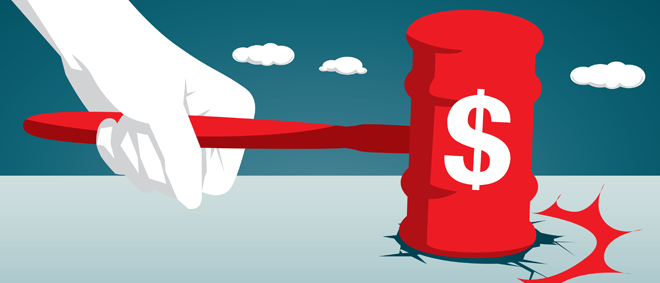On Monday, October 24, 2022, the Department of Justice (DOJ) announced charges against two alleged Chinese intelligence officers for bribing and stealing documents to obstruct the criminal investigation of, reportedly, Huawei (while the complaint does not name Huawei, it is the company according to multiple reports).Continue Reading Bribes, Bitcoin and Obstruction: DOJ Announces Charges Against Chinese Agents for Trying to Impede Investigation of Huawei


